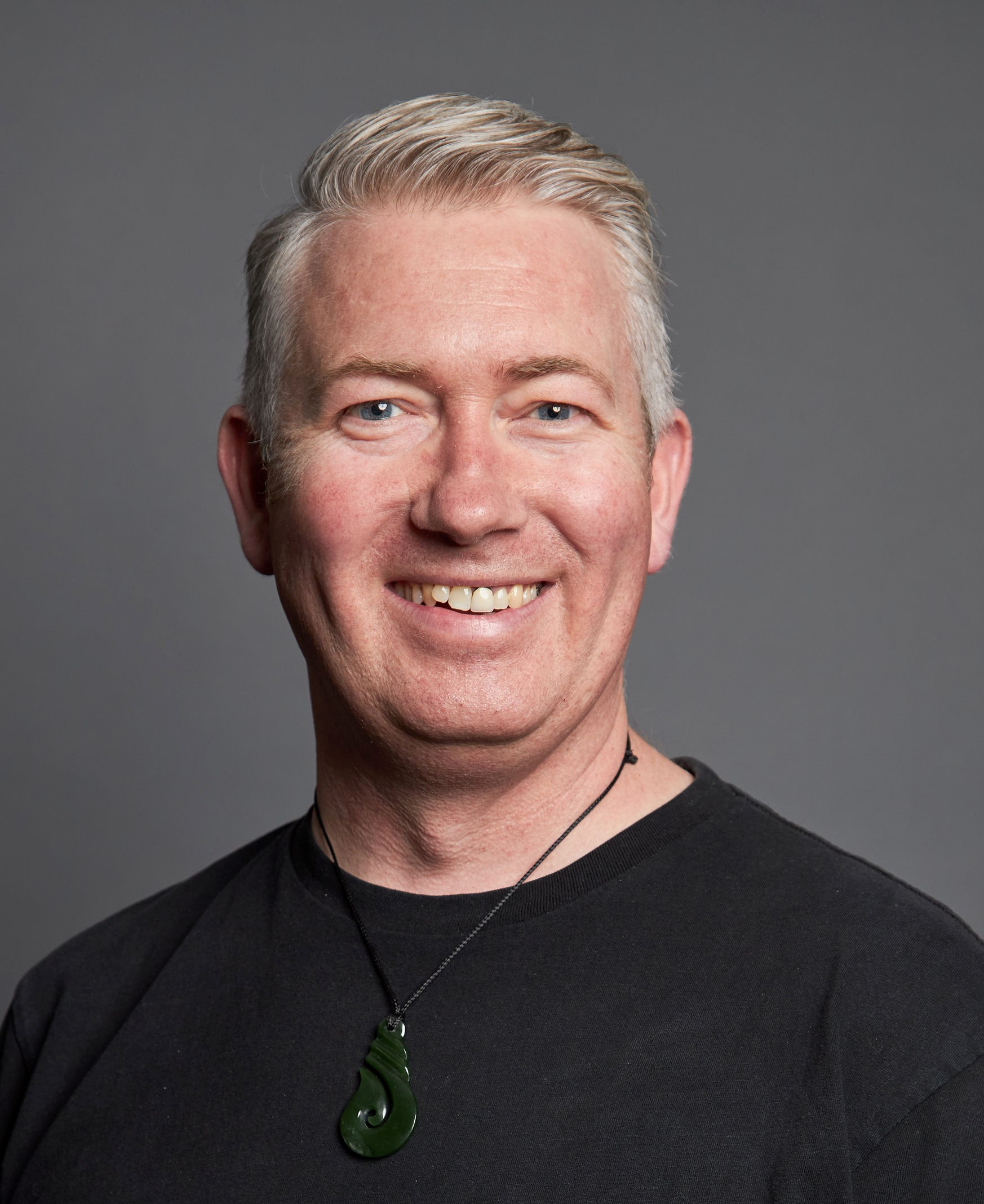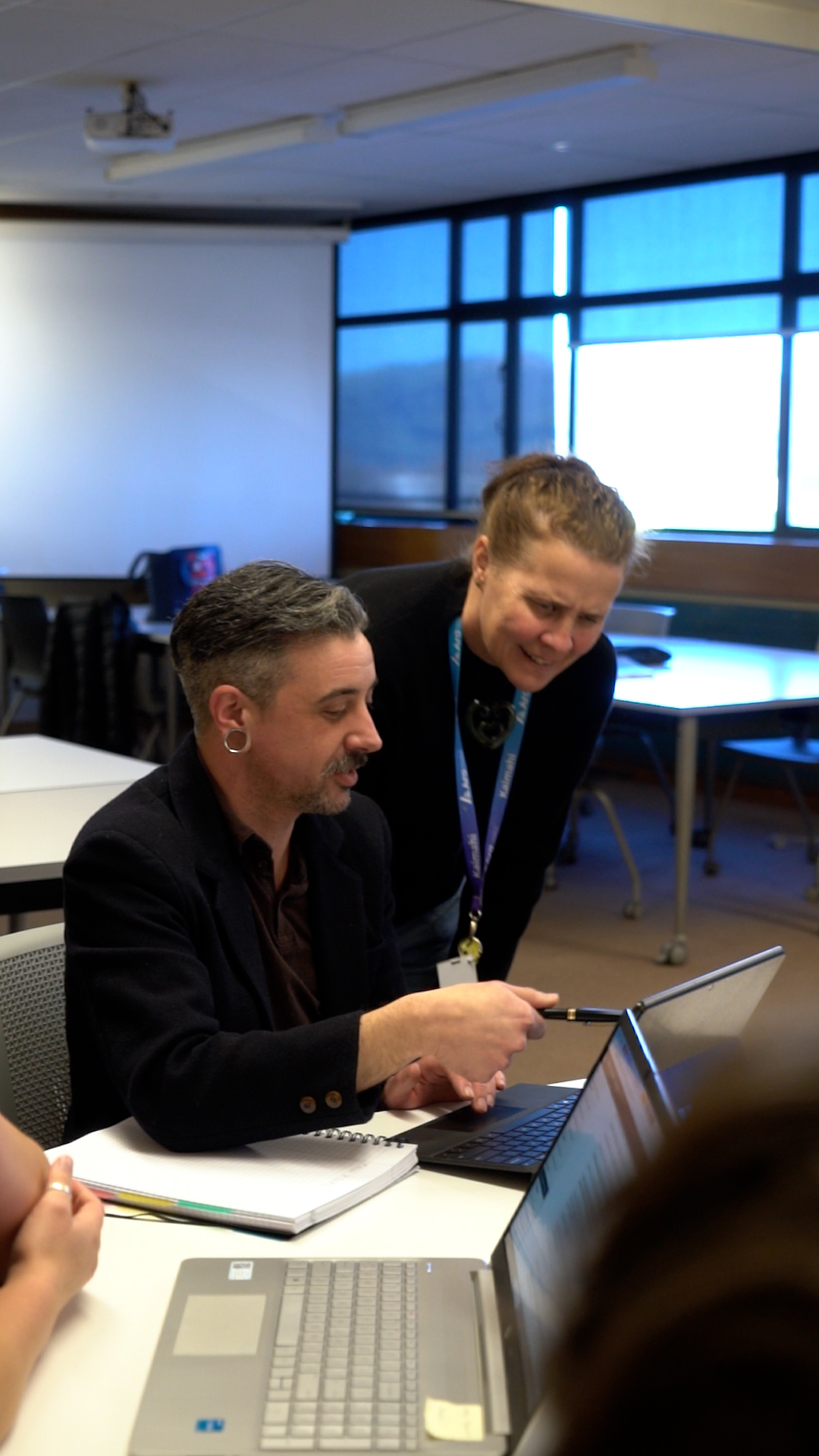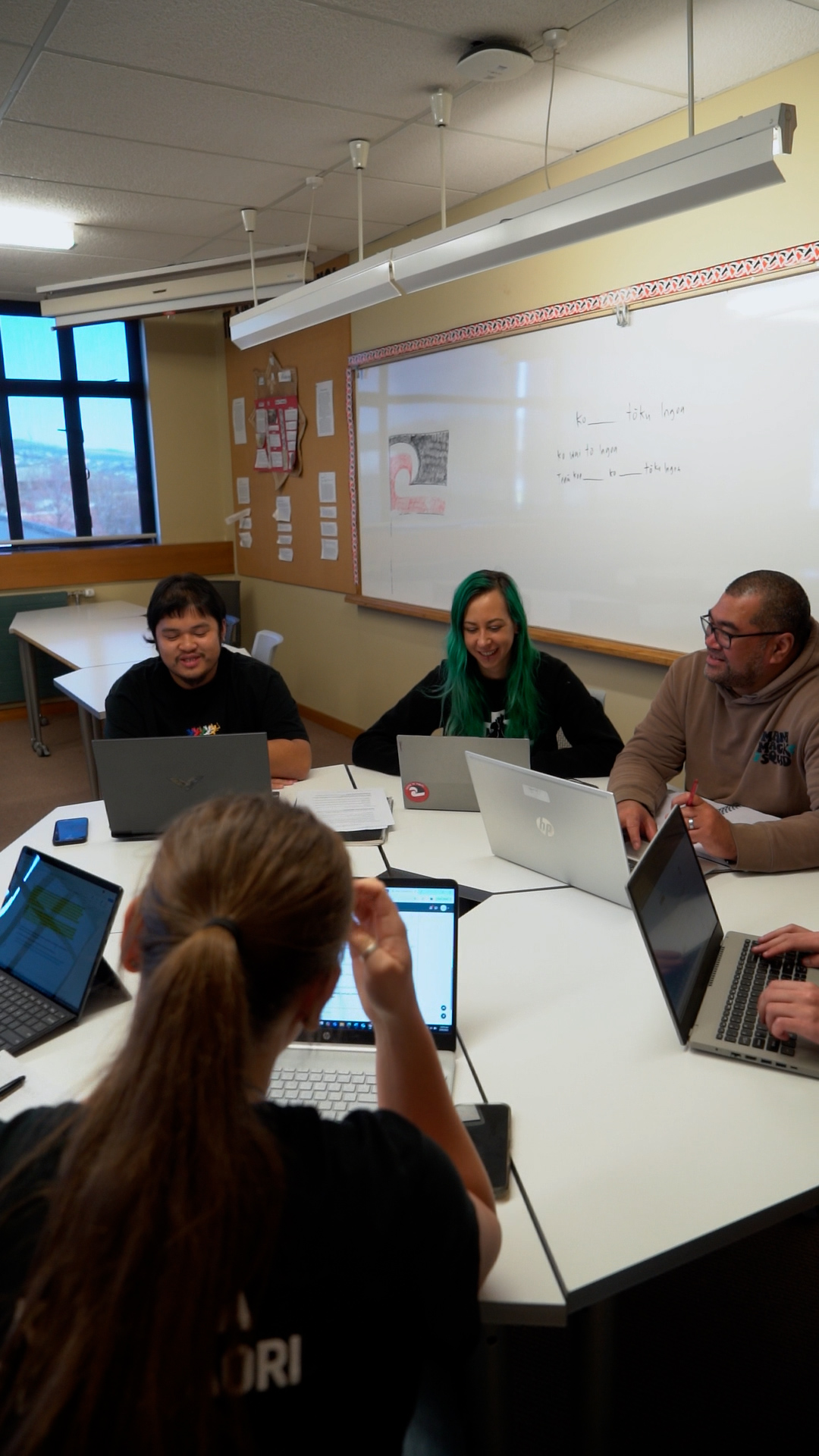Exploring connection and care: how one Ara researcher is rethinking learning and practice in social work
20 November, 2025
When social work educator Dr Dominic Chilvers was asked if he’d ever considered teaching, he didn’t know it would change the course of his career.

Now Programme Leader for the Bachelor of Social Work at Ara Institute of Canterbury, Chilvers’ research explores what truly supports learning and wellbeing in the helping professions – from the pressures students face on placement to the deeper human need for connection and meaning in professional practice.
His PhD at the University of Canterbury explored the factors that influence how social work practitioners work with students on placement, and he continues to be involved in work-integrated learning (WIL) research.
He's currently part of a collaborative project exploring social work students’ exposure to distress during placement, in particular, what he calls the “powder keg”, when multiple pressures combine to test resilience. “Students can find themselves in situations of real strain – financial stress, personal loss, or in workplaces already under tension,” Chilvers explained. “Understanding those dynamics helps us create safer, more effective learning environments.”
Before joining Ara, Chilvers built a wide-ranging career across mental health and social services. Originally trained as a design engineer in the United Kingdom, he soon realised that the work “was very much about profit and not putting people first.” He retrained as a psychiatric social worker, then moved to Aotearoa in 2003, working at Christchurch Hospital and managing community mental health teams before leading the Aotearoa New Zealand Association of Social Workers as Chief Executive.
It was during a Tertiary Education Commission “blue skies” project on the future of social work education that he met Dr Glynnis Brook, who at the time was leading the social work programme at Ara. Her simple question, “Why not teach?” opened a new chapter that brought together practice, learning and research.


Ara social work students engage in teamwork and guided learning to develop practical skills that make a difference for whānau and communities
Together with trauma psychologist Dr Nikki Kiyimba, Chilvers has co-authored Inviting Spiritual Conversations, a forthcoming book that offers practical ways for educators and practitioners to integrate spirituality into their work. Built around the idea of relational consciousness (an awareness of connection with others, nature and something larger than ourselves), the book reframes spirituality as an essential aspect of wellbeing and reflection.
“Social work is about challenging assumptions,” Chilvers says. “I’m interested in inspiring people to live and practise in critically reflective and spiritually integrated ways. It’s about questioning what we think we know and opening ourselves to other explanations.”
Since completing his doctorate, Chilvers has continued to publish and present his research nationally and internationally. He's currently in Sydney presenting on ways to integrate spirituality into professional practice at the Australian and New Zealand Social Work and Welfare Education and Research Symposium, and he serves as President of the Council for Social Work Education Aotearoa New Zealand (CSWEANZ).
At Ara, Chilvers’ teaching and research remain deeply connected. He collaborates with colleagues and students on studies that explore resilience, reflection and supervision, helping future practitioners understand that social issues are rarely just about individuals, but about the systems and structures that shape their lives.